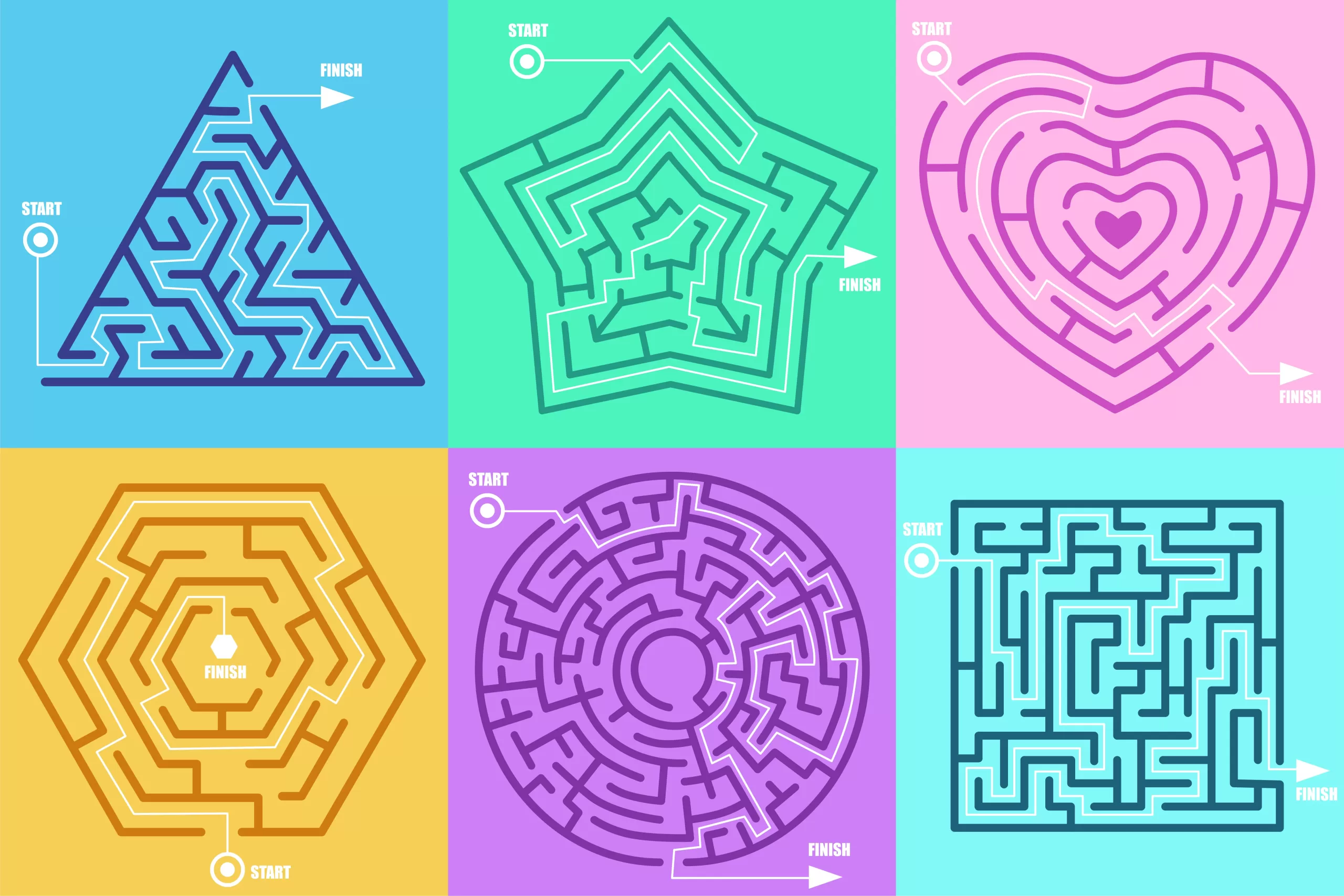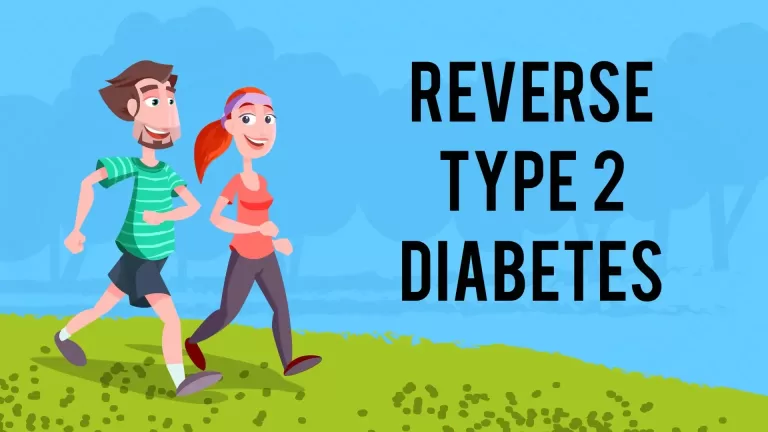
Autism, ADHD or dyslexia? Become a spy or code breaker!
This page may contain affiliate links. If you choose to purchase after clicking a link, I may receive a commission at no extra cost to you.
Have you ever wondered if people with autism, ADHD or dyslexia have any advantages in the world of espionage and cryptography? If so, you are not alone. In fact, there is evidence that these neurodiverse conditions can actually enhance some of the skills and abilities that are essential for spies and code breakers. In this blog post, I will explore some of the ways that neurodiversity can be a superpower in the realm of secret intelligence and how you can harness your own potential to become a master of codes and ciphers.
One of the key traits that many people with autism, ADHD or dyslexia share is the ability to think differently and creatively. This can be very useful when it comes to solving puzzles, finding patterns and cracking codes. For example, people with autism often have a keen eye for detail and a strong memory for facts and figures, which can help them spot anomalies and inconsistencies in data. People with ADHD tend to have a high level of curiosity and energy, which can drive them to explore new possibilities and challenge assumptions. People with dyslexia often have a talent for visual-spatial reasoning and lateral thinking, which can enable them to see connections and associations that others might miss.
Another advantage that neurodiverse people may have in espionage and cryptography is the ability to cope with ambiguity and uncertainty. This is important because spies and code breakers often have to deal with incomplete or misleading information, hidden agendas and complex scenarios. People with autism, ADHD or dyslexia may be more comfortable with this kind of uncertainty because they are used to adapting to different situations and perspectives. They may also be more resilient and resourceful when faced with challenges and setbacks.
Of course, being neurodiverse also comes with some difficulties and disadvantages, especially in a society that is not always accommodating or inclusive. People with autism, ADHD or dyslexia may struggle with social skills, communication, organization and time management, which can affect their personal and professional lives. They may also face stigma, discrimination and prejudice from others who do not understand or appreciate their differences.
However, these challenges do not have to stop anyone from pursuing their dreams and passions. There are many examples of successful spies and code breakers who had neurodiverse conditions, such as Alan Turing, the father of modern computing and artificial intelligence, who was autistic; Kim Philby, one of the most notorious double agents in history, who had ADHD; and Agatha Christie, the best-selling mystery writer and amateur cryptographer, who was dyslexic.
Must see! GCHQ (UK Govt. Agency) Code breaking & Brainteasers
If you are interested in learning more about espionage and cryptography, there are many resources available online and offline. You can find books, podcasts, documentaries, games and courses that will teach you the basics of codes and ciphers, as well as the history and culture of spying. You can also join clubs, societies and communities that will connect you with other like-minded people who share your enthusiasm for secrets and mysteries.
Remember that being neurodiverse is not a weakness or a flaw. It is a strength and a gift. You have unique talents and abilities that can make you an excellent spy or code breaker. All you need is curiosity, creativity and courage.








Leave a Comment